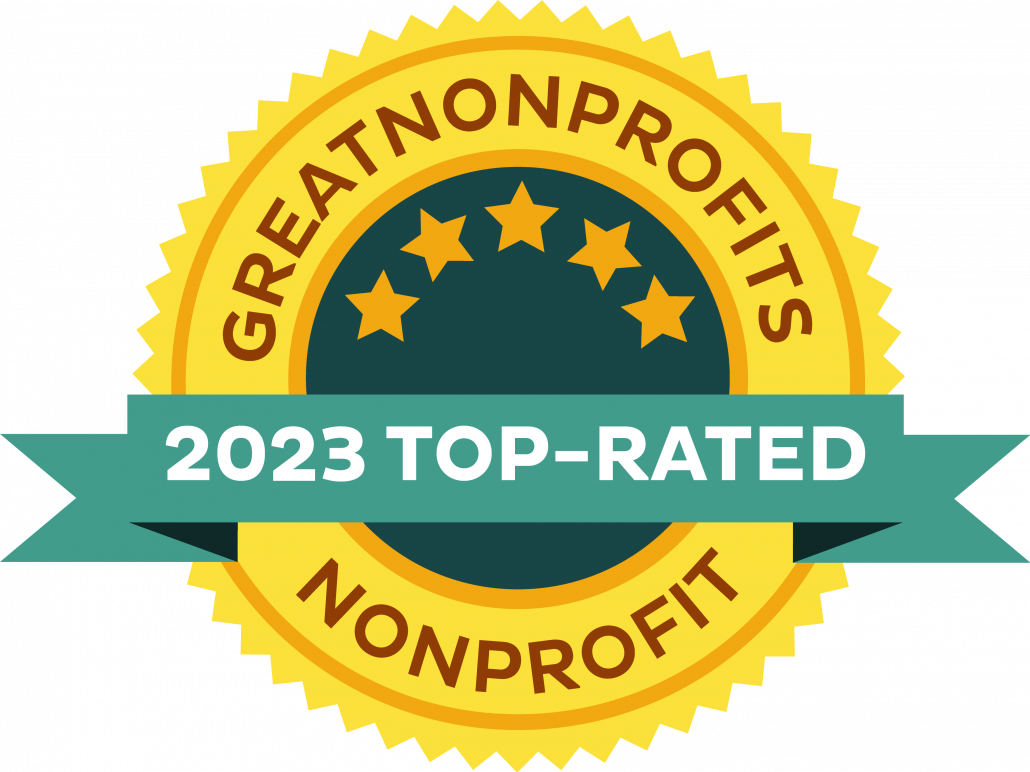Chadwick Boseman
Let’s Talk About Colon Cancer
Millions of people across the country are mourning the death of superstar Chadwick Boseman, who passed away at the age of 43 from colon cancer. So many of us were shocked, because the Black Panther we knew and loved kept his painful journey a secret.
Those of us who are old enough to remember know that breast cancer used to be referred to as “the C word.” Our mothers, sisters and friends were embarrassed to talk about breast cancer. Today, we’ve embraced talking about breast cancer, how to prevent it, how to treat it and how to survive and thrive in spite of it.
Colon cancer does not have to be this generation’s “C word.” Education, early detection and treatment are the keys to surviving colon cancer. The American Cancer Society says that colon cancer is the second leading cause of cancer deaths in the United States. Younger people are less likely to get tested early, because the industry norm is to begin colon cancer screening at 45. But early detection in young people leads to significantly better outcomes.
How do you lower your risk of colon cancer? Everyone knows the obvious – eat a variety of fruits, vegetables and whole grains, stop smoking and exercise. But most physicians and cancer centers now also acknowledge the need for more holistic wellness practices, like yoga, meditation and mindfulness. Combining traditional techniques along with wellness practices will make you healthier overall, and help lower your risk of all types of cancer.
If you are diagnosed with colon cancer, seek support. This is not a journey you have to take alone. In addition to Living Beauty, there are nonprofit organizations that provide education and support, like the Colon Cancer Alliance, the American Cancer Society and The Cancer Support Community.
Chadwick Boseman’s professional film legacy as the Black Panther, Jackie Robinson, Thurgood Marshall, James Brown and others taught important lessons about racial inequality. The personal legacy he leaves is that it is important to speak out, learn and seek support. Colon cancer does not need to be this generation’s “C Word.”



